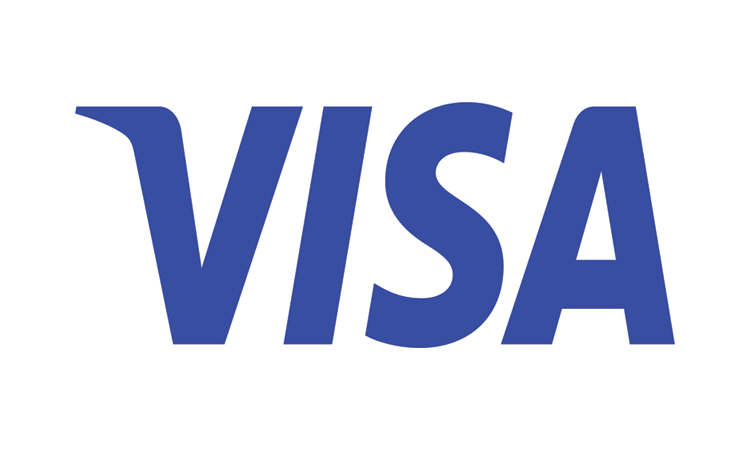If it seems like no matter how much money you make, you feel financially insecure, or no matter how stretched you are, you still spend impulsively, you may be experiencing money dysmorphia. René Basson, head of brand at Satrix, says social media exacerbates feelings of inadequacy, making many people wonder why they cannot keep up with their peers. She says money dysmorphia ‘shows up’ in two ways.
“A social media scroll can make you feel as if ‘everyone’ is holidaying in exotic destinations, making you wonder why you are falling behind when in reality, you are fine financially. Or perhaps you are deep in debt but you keep chasing dopamine hits from retail therapy that stretch your finances further.” A survey by Credit Karma found that 43% of Gen Z and 41% of millennials have experienced some form of money dysmorphia.
Basson says these generations, known for their addiction to digital savviness, seem particularly prone to financial insecurities. This can lead to irrational decision-making , which affects future outcomes. The antidote? Having a solid plan in place and pursuing empowering patterns of behaviour like investing, Basson says.
ALSO READ: Two-pot retirement system: not a quick fix for financial freedom Money dysmorphia can strike at any time “Anyone, in any stage of their financial journey, can feel dysmorphia. In South Africa, where inequality is acute, many people grow up in homes with a tight budget. This feeling of financial precarity may continue t.



















